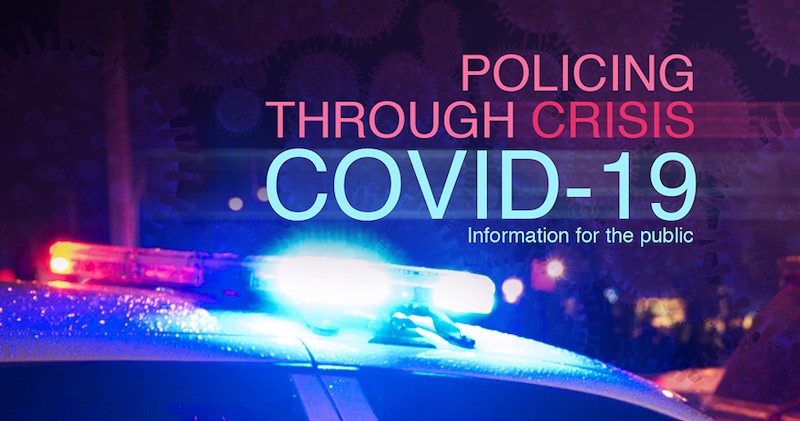
Washington, D.C. — Modifying policing practices so they are consistent with public health guidelines is key to preventing the spread of the coronavirus not only among the public but also police officers themselves, according to a new columnpublished today by the Center for American Progress. Several cities, including New York City and Detroit, have already had significant portions of their police force sidelined by COVID-19. So, changing policing practices is imperative for the health and safety of the general public and first responders.
“Physical distancing and other changes to policing practices can definitely help in slowing down the spread of the coronavirus without putting the public’s safety at risk,” said Ed Chung, vice president for Criminal Justice Reform at the CAP and co-author of the column. “Police agencies must think outside the box to protect the community and their staff from this pandemic.”
For this column, CAP interviewed Ron Davis, a former police chief and former head of the Office of Community Oriented Policing Services at the U.S. Department of Justice. “Making arrests must transition from being a common tool used by law enforcement to becoming literally a tool of last resort,” Davis said. “Putting handcuffs now has a different meaning—not only for the person whose freedom is taken, but for the law enforcement officer who has to come within 6 feet to make that arrest. We, as a society, must find viable alternatives to incarceration.”
Key recommendations include:
- Drastically reduce the number of police stops and custodial arrests. Only individuals posing a clear risk to public safety should be taken into custody. Philadelphia and Washington, D.C., issued guidelines accordingly.
- Limit the amount of calls for service that officers respond to in person, to avoid the spread of COVID-19 among police officers. Police agencies in Arlington, Virginia, Burbank, California , Dallas, and Syracuse, New York, have implemented similar policies.
- Prioritize responding to domestic violence, since many people subject to stay-at-home orders are not safe at home. Police can help relocate people to a safer place or connect survivors with other resources, as law enforcement in Minnesota has done.
- Distribute personal protective equipment (PPE) to every officer to use while on duty, as well as provide COVID-19 testing for officers. The Austin, Texas, Philadelphia, and Los Angeles police departments have several of these guidance and requirements in place.
Read the column: “Policing During the Coronavirus Pandemic” by Ed Chung, Betsy Pearl, and Lea Hunter


